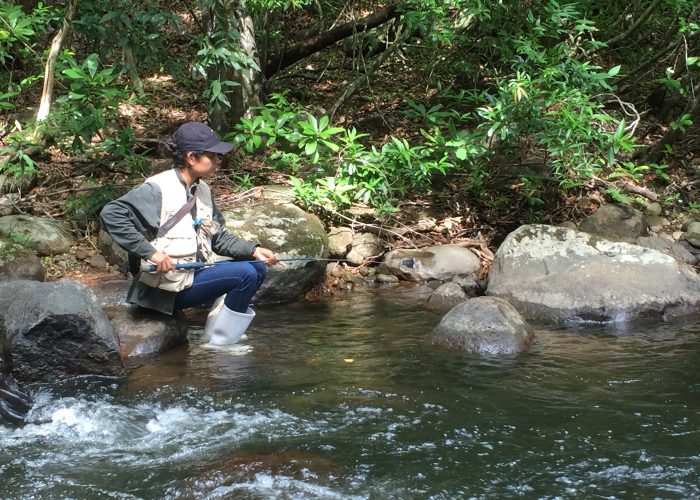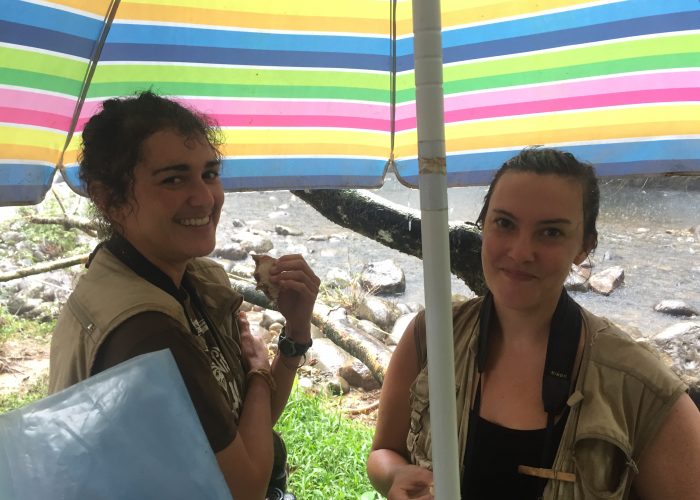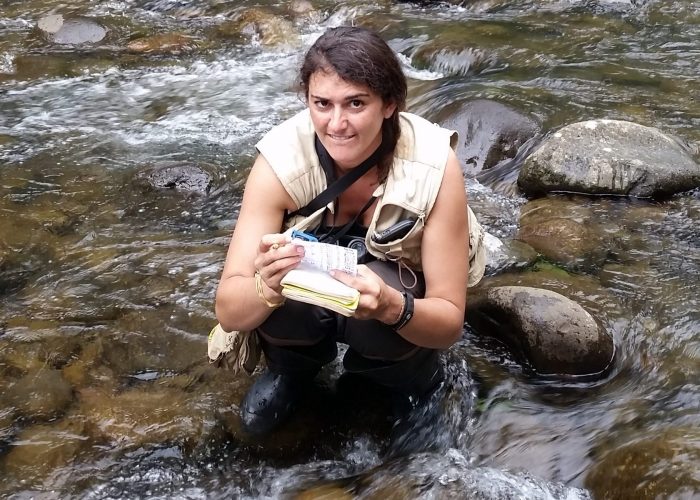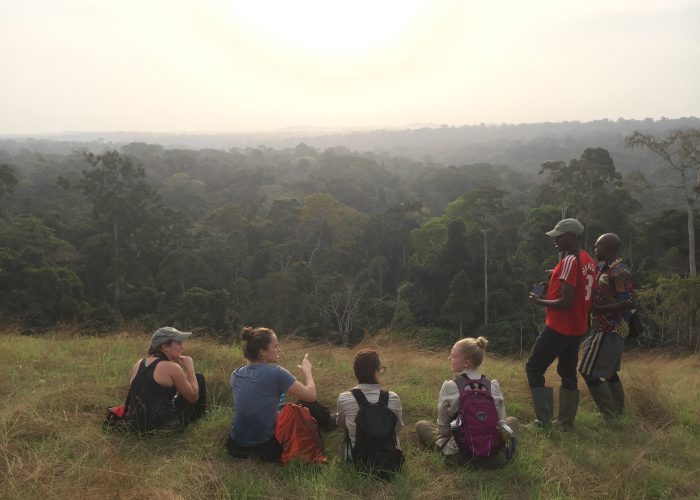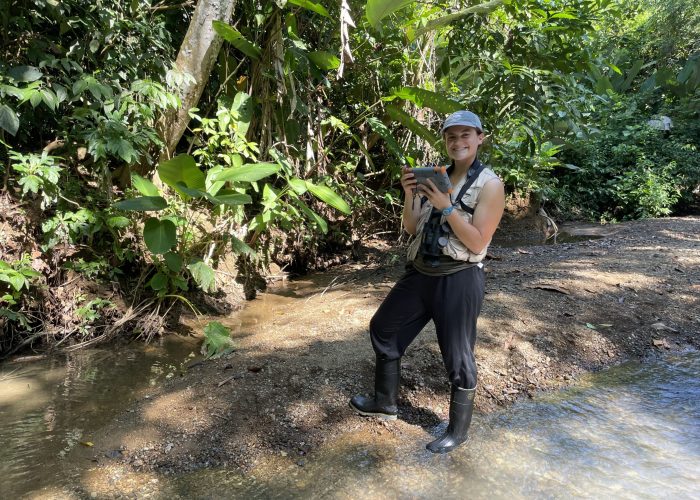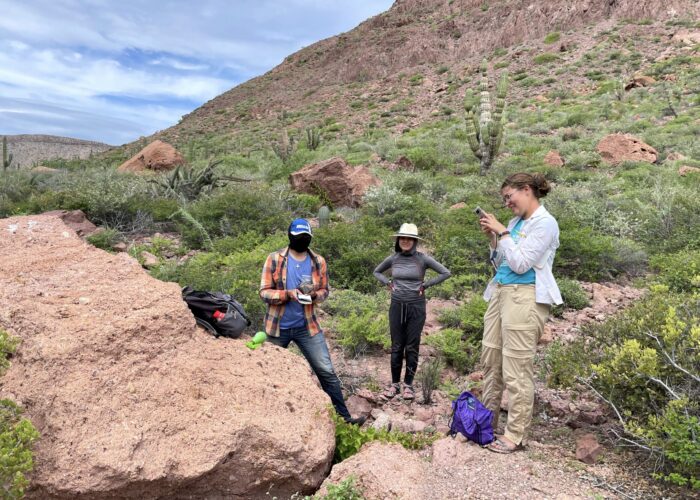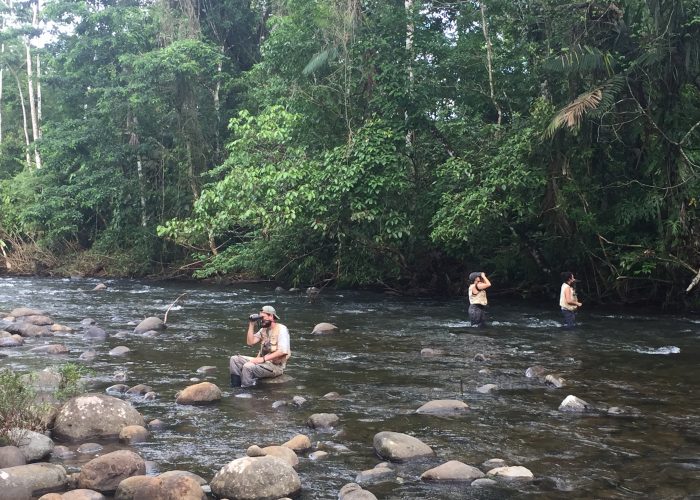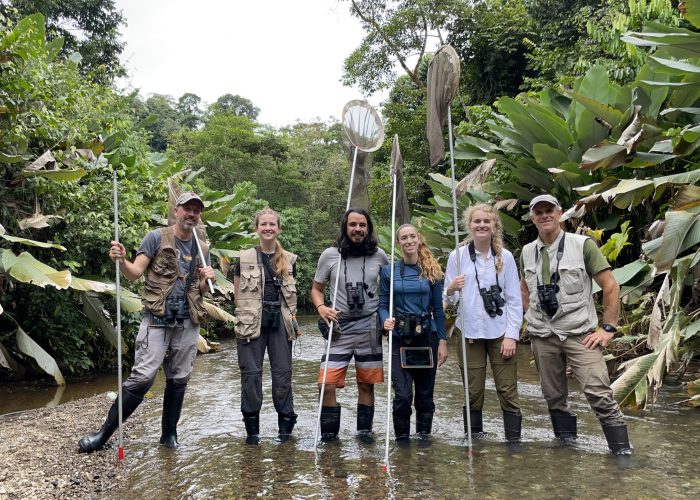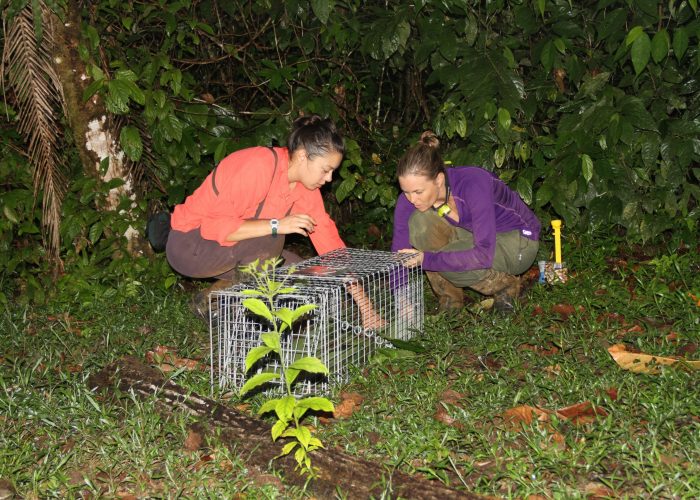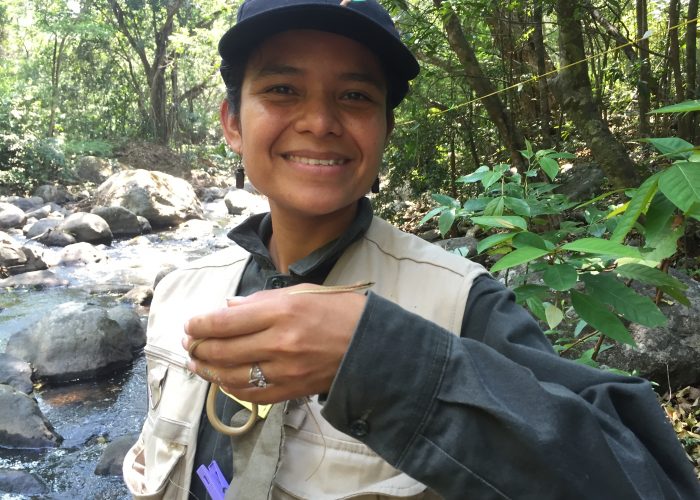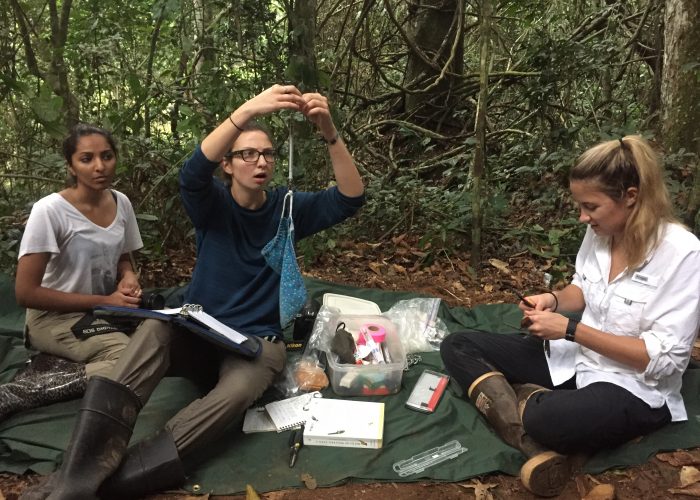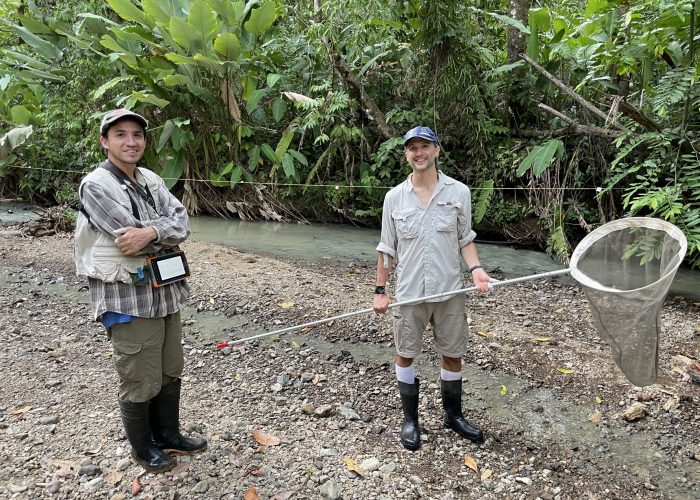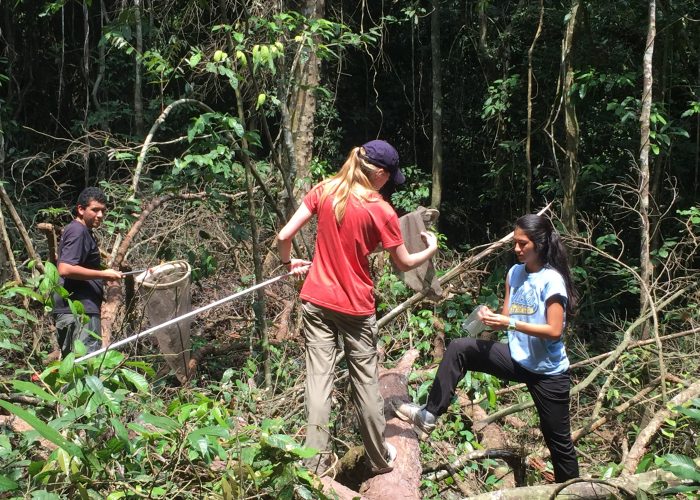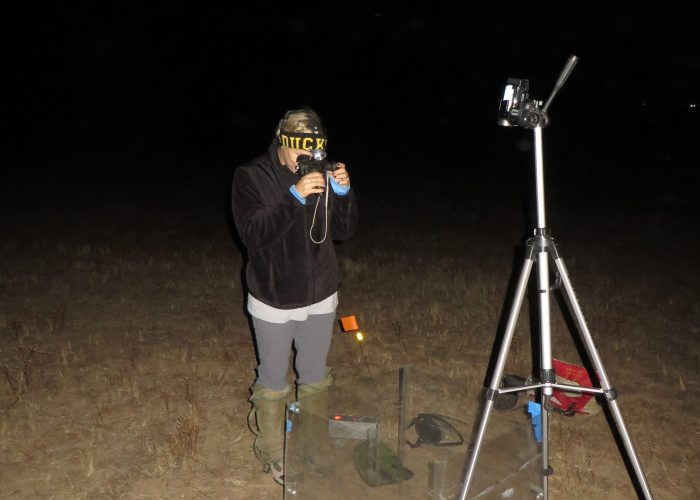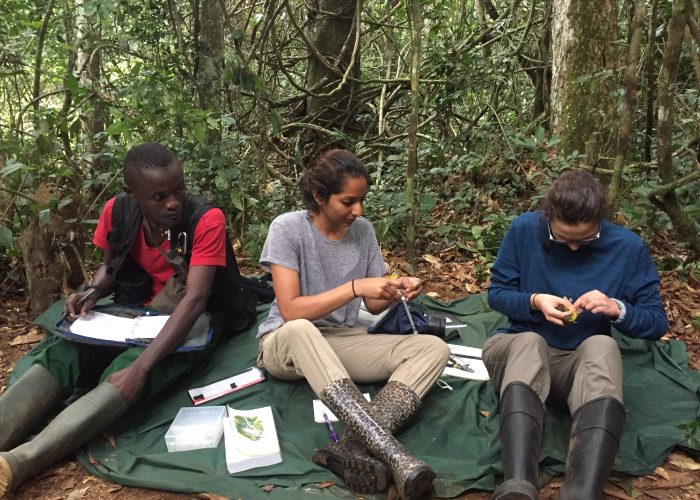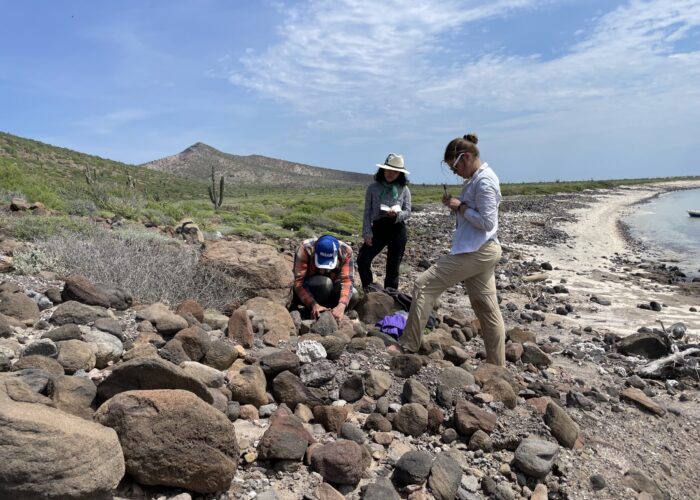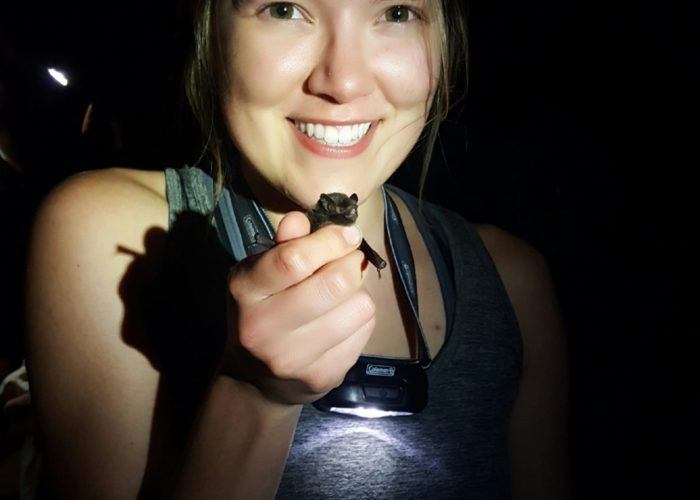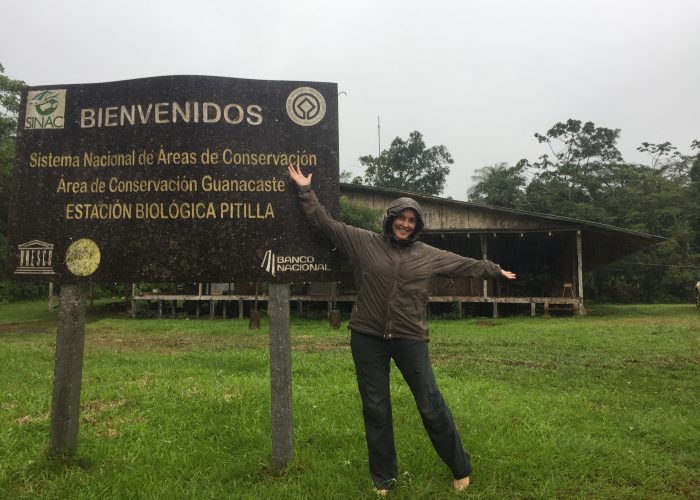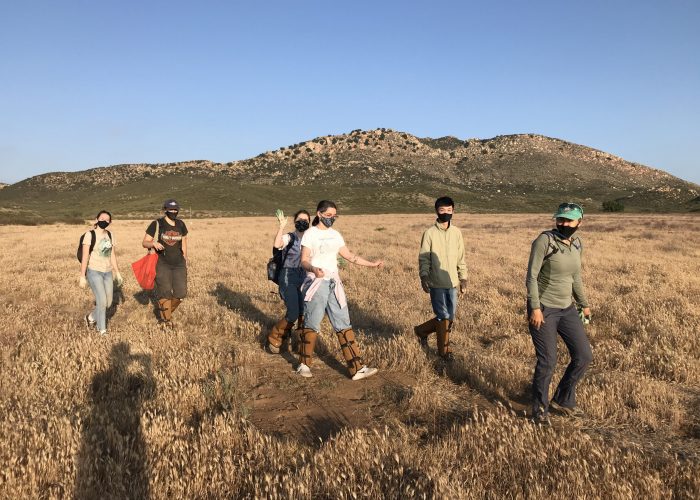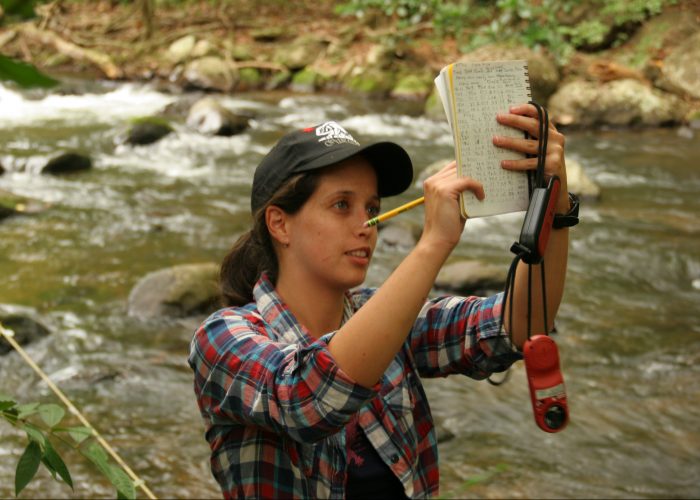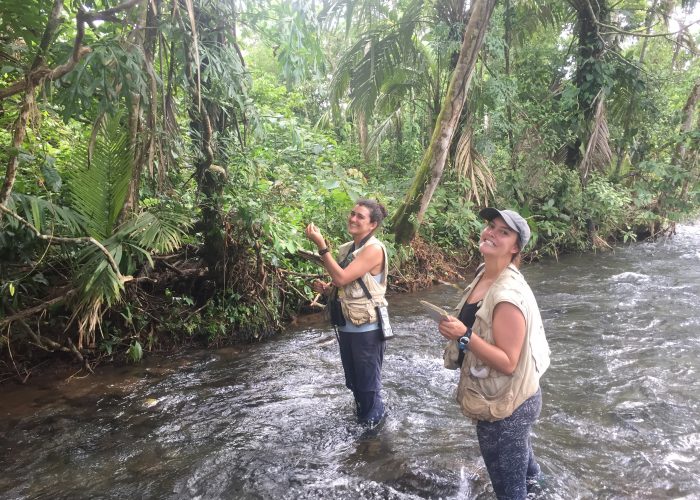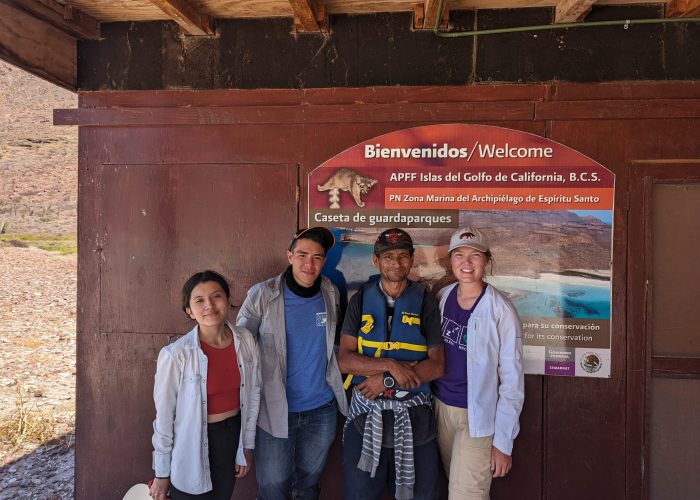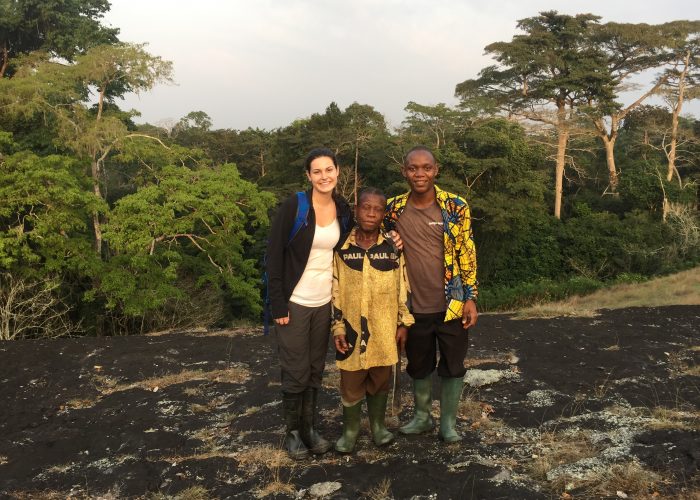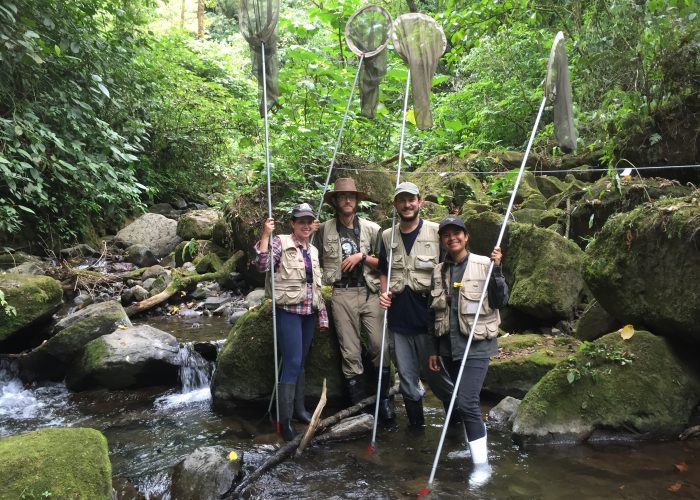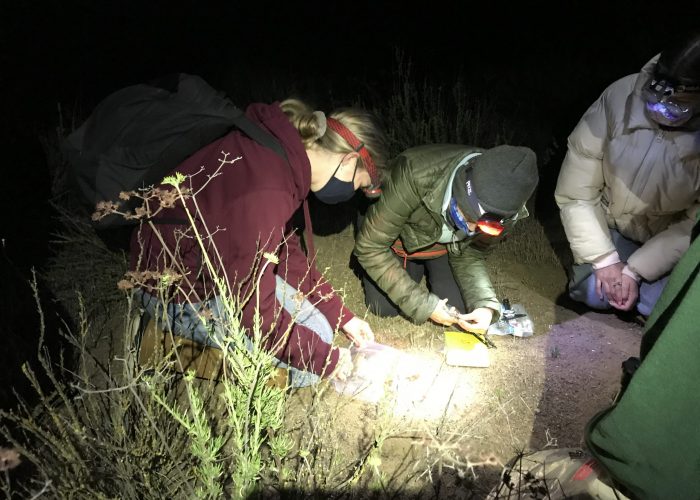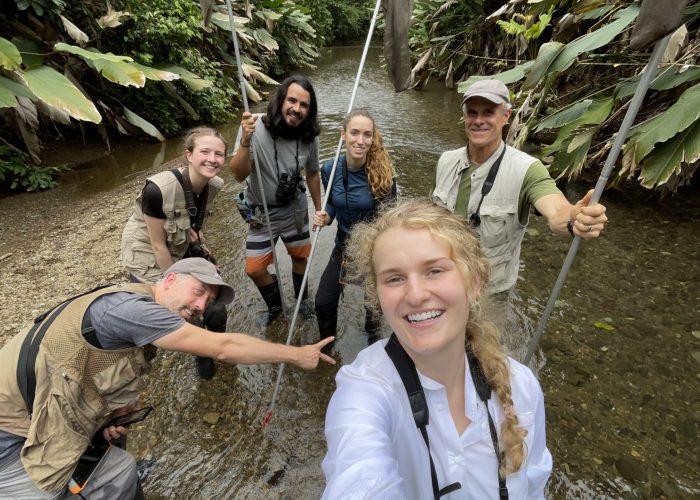We approach ecological and evolutionary questions from a behavioral perspective, or to be more specific, we study ways in which the behavior of animals influences ecological and evolutionary processes.
Most of our current research focuses on the effects of behavioral interference (reproductive interference, aggressive interference) between species. Aggression, in particular, is understudied compared to other types of species interactions, and we are helping to fill this void with both theoretical and empirical research.
Behavioral interference can determine whether species are able to coexist and how they evolve in response to each other if they do coexist (i.e., character displacement). It can also impede or promote the evolution of reproductive isolation between species (i.e., speciation). This is a rapidly advancing topic in ecology and evolution, and of growing importance for conservation. The geographic ranges of species are always shifting but the rate and extent of range shifts is accelerating because of human activities. When species come into contact for the first time, how they interact behaviorally is one of the key factors that determines whether they are able to coexist. Taking behavioral interference into account can also be critical to the success of endangered species reintroduction programs

